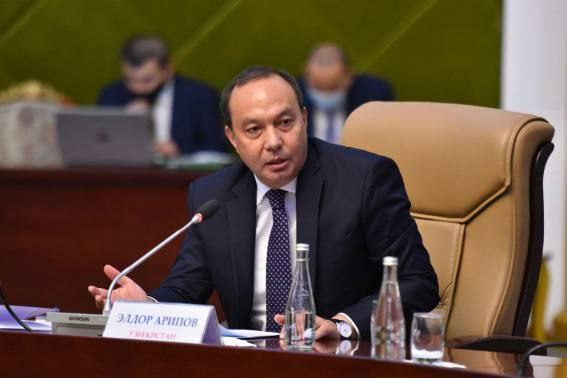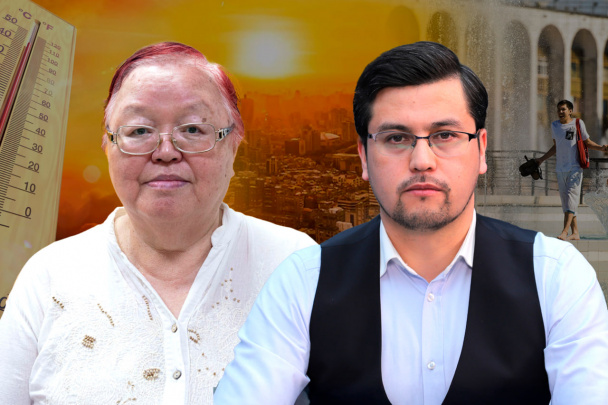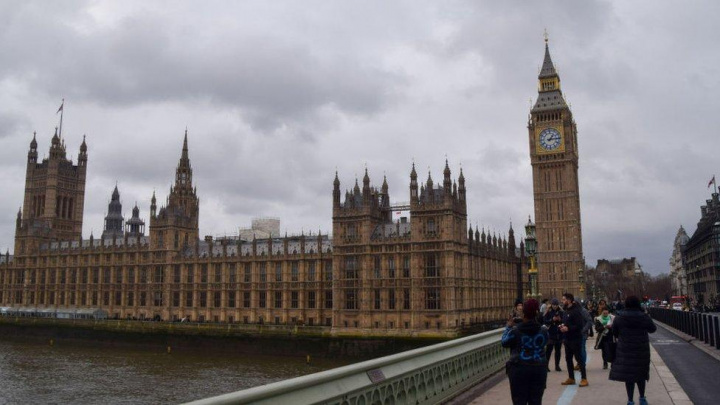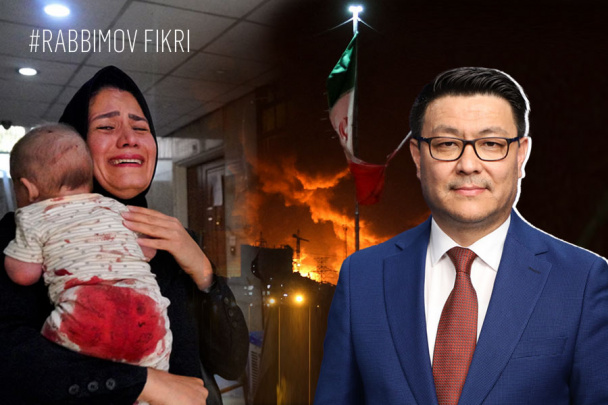“Borders should unite us, not divide us” – Eldor Aripov speaks about ideal model of Central Asia
If the mechanisms of mutual cooperation in specific areas – from economy and trade to education and culture – do not work in Central Asia, regional cooperation will not work fully. If we do not agree on our approaches to this issue, we will not be able to move forward, director of Institute for Strategic and Interregional Studies Eldor Aripov says in his article presented to Kun.uz.

The question of what kind of Central Asia we want to see in 2030 is extremely important. If we do not agree on our approaches to this issue, we will not be able to move forward, the director of the Institute for Strategic and Interregional Studies says. According to the political scientist, the ideal model of Central Asia is a strong and integrated region free from internal disputes and contradictions, united by common interests and priorities, based on common values and traditions.
“The main thing we should strive for is to eliminate existing fundamental disagreements, which still hinder the processes of regional cooperation, including border issues. Borders should unite us, not divide us.
The President of Uzbekistan has repeatedly stated that “our borders have always been the territory of friendship and good neighborliness and will remain so”. Therefore, despite all disagreements, it is important to reach a mutually acceptable compromise. This is important not only for two countries bordering each other, but also for the entire region,” Aripov said.
The second element of the ideal model should be Central Asia, which has at its disposal all the necessary platforms and mechanisms for dialogue and cooperation.
“Regional cooperation will not work if mechanisms of mutual cooperation do not work in specific areas of interest to everyone – from economy and trade to education and culture”.
The third element of the ideal model of Central Asia in 2030 is the regional identity, which should actually become the main structure.
“President Shavkat Mirziyoyev at the 4th Consultative meeting of the heads of the regional states held in Cholpon-Ota proposed to strengthen the implementation of cooperation programs in the field of culture, education, sports and tourism, as well as to study our common history in depth”.
Our goal should be creating a stable and multi-level model of relations based not only on common interests, but also on all common values and traditions.
“Each of us should feel like a representative not only of our country, but also of our entire region, and be proud of our common cultural and historical heritage,” Eldor Aripov concluded.
Recommended
List of streets and intersections being repaired in Tashkent published
SOCIETY | 19:12 / 16.05.2024
Uzbekistan's flag flies high on Oceania's tallest volcano
SOCIETY | 17:54 / 15.05.2024
New tariffs to be introduced in Tashkent public transport
SOCIETY | 14:55 / 05.05.2023
Onix and Tracker cars withdrawn from sale
BUSINESS | 10:20 / 05.05.2023
Latest news
-
The Maldives – The Perfect Choice for a Halal-Friendly Holiday
SOCIETY | 19:00 / 25.07.2025
-
Dozens of energy sector officials punished after electricity disruptions in Tashkent
SOCIETY | 14:45
-
Passenger traffic in Uzbekistan’s airports up 10% in first half of the year
SOCIETY | 14:43
-
Cadastral Agency: Agriculture dominates land use in Uzbekistan
SOCIETY | 14:42
Related News

12:10
Extreme heat could slash Central Asia’s GDP and overwhelm public services

21:06 / 17.07.2025
British MPs form new group to strengthen ties with Central Asia

12:45 / 19.06.2025
How the Israel–Iran conflict reshapes Central Asia's geopolitical landscape

15:56 / 18.06.2025



